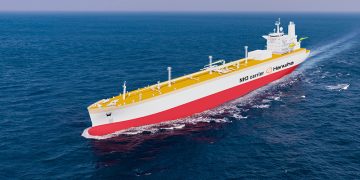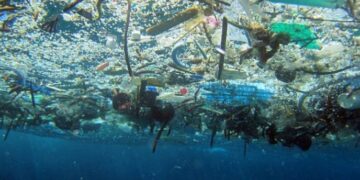Environmental Pollution Fines in Turkey
Information provided by the West of Engalnd P&I Club The West of England P&I Club continues to encounter instances of vessels being fined in Turkish waters for pollution by substances other than oil. Section 8 of the Turkish Environmental Code 1983 states (in part) that:"It is prohibited, to introduce into, store in, transport to or remove from the receptor area any discharge or waste in such a way as to inflict damage on the environment or in a way directly or indirectly in contradiction with the standards and methods specified in the pertinent regulations, or to engage in similar activities".This provision is widely interpreted and rigorously enforced, to the extent that vessels have even been fined for pumping out clean ballast water. Ships at anchor off Istanbul are monitored particularly closely.Fines are imposed in accordance with a published tariff, which is revised annually. The amount of the fine is determined by the size of the vessel and the type of pollutant, rather than the quantity of pollutant. In almost all cases the fine must be paid in cash. The amount may be reduced by 25% if either settled immediately, prior to the vessel sailing or within a maximum of 30 ...
Read more





















































